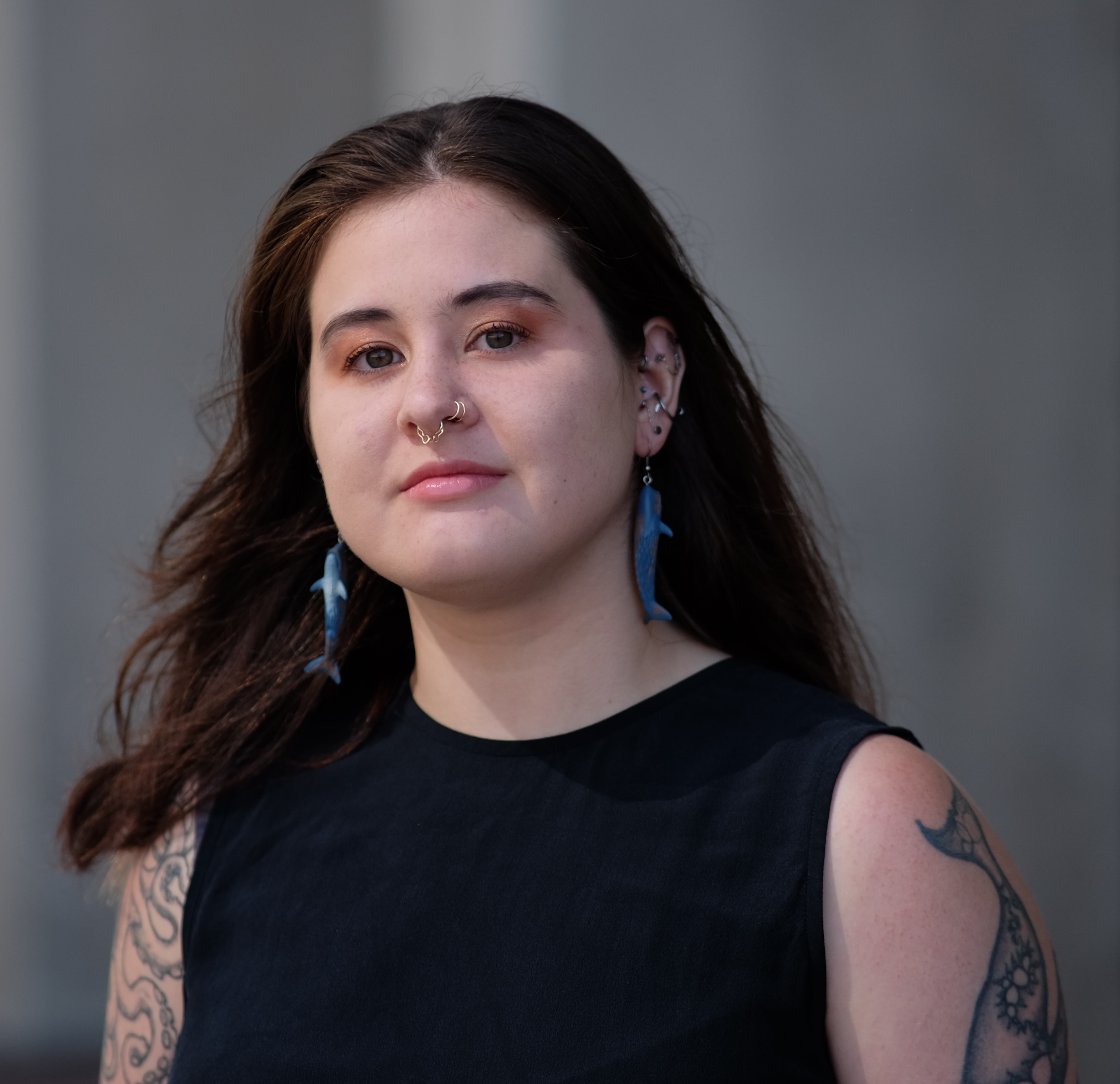The ‘Who,’ ‘How,’ and ‘When,’ of Elite Political Discourse on Twitter/X Before and After the Murder of George Floyd.
Coauthors: Ahana Bhattacharya, Holliday Sims, Kenneth Joseph
Most U.S. Twitter/X users are not exposed to, and do not engage with, much political talk on average, yet strong evidence indicates that many Americans are aware of political movements and are often, in fact, tired of hearing about politics on social media. Additionally, much of the work on online political discussion in the U.S. context focuses on traditional political elites and speech that discusses American electoral politics. However, there exist other influential accounts on social media besides political elites, and there are other topics of political discussion besides American electoral politics; there is still work to be done to understand who mobilizes with a political movement, when they do so, and to what extent they engage. The present work targets these questions, aided by a unique combination of mixed methods analyses, a dataset of the following relationships in 2020 of 1.4 million American voters linked to Twitter/X accounts, and an archive of the Twitter/X Decahose, a 10% random streaming sample of all tweets. Using a recently proposed method for clustering frequently followed accounts, we create a taxonomy of account clusters, ranging from golf turf enthusiasts to liberal activists. We then examine the mobilization of these clusters after George Floyd’s murder, measuring levels of discussion of U.S. electoral politics and of the Black Lives Matter movement. Our findings show that seemingly apolitical elites actually mobilized more after Floyd’s death than political elites did. We also emphasize the importance of temporality in measuring mobilization. While Twitter/X users may not see much political talk on average, significant spikes in political and BLM-related discourse occurred after Floyd’s death, and these resulted in persistent changes in levels of BLM-related discussion. Our findings problematize current conceptions of online political behavior and suggest new ways to investigate civic engagement on social media.
Revise & Resubmit to CSCW
